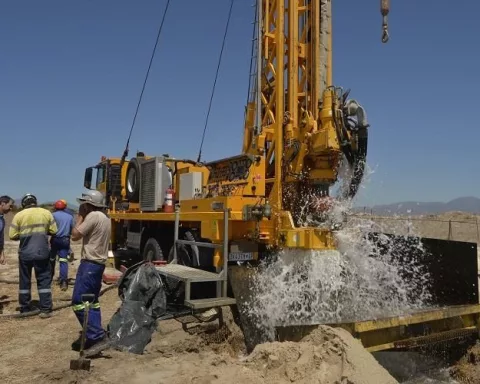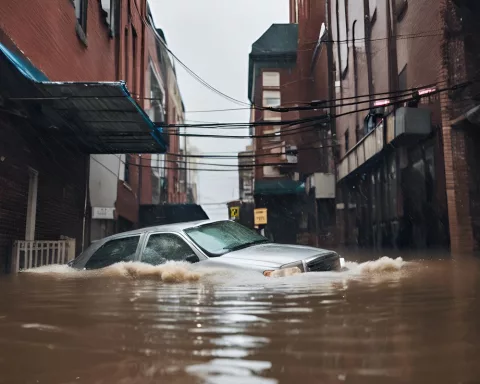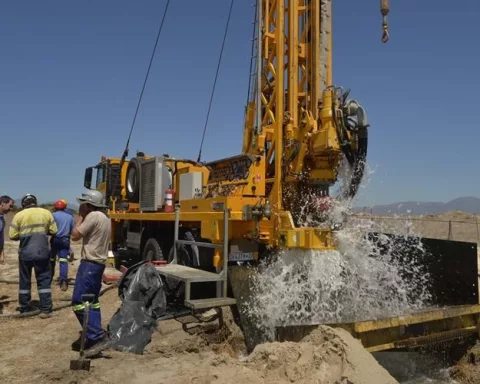The recent rainfall has been significant in recharging the dams, but it also poses dangers, particularly for communities in informal settlements. The DWS Western Cape Provincial Head, Ntombizanele Bila-Mupariwa, reminds us that heavy rains can be hazardous, and community members must take precautions.
Tips for Ensuring Safety During Heavy Rains
- Exercise caution when crossing low-lying bridges.
- Refrain from engaging in recreational activities near water systems.
- Avoid parking vehicles under trees.
- Make sure to shut windows properly when driving to prevent water ingress.
- Drive slowly and practice extreme caution.
As the SAWS predicts increased precipitation in the Western Cape, they also warn of an increased risk of flooding in flood-prone areas. Consequently, DWS and other stakeholders are closely monitoring the heavy rains and will keep the public informed about any updates.
The Importance of Water Security
South Africa has experienced severe water shortages in recent years, making the heavy rains a welcome relief. However, striking a balance between the benefits of rain for water security and the dangers it presents to communities is essential.
Water management continues to be a critical issue, as climate change and growing populations place increasing pressure on our water resources. The DWS’s role in managing water resources and ensuring water security is no small task. They must navigate the delicate balance between utilizing the precious resource and protecting communities from its potential dangers.
Learning from History
Water has played a vital role in shaping the landscape, sustaining life, and influencing the development of civilizations. Today, we can learn from the lessons of history and the wisdom of our ancestors. By taking heed of the precautions provided by the DWS and being mindful of the ever-changing environment, we can collectively work towards ensuring a safe and secure future for all.
While we appreciate the much-needed rains, we must also remain vigilant and take the necessary precautions to ensure our safety and the well-being of our communities. By working together and heeding the advice of experts like the DWS, we can weather any storm and continue to thrive as a nation.












